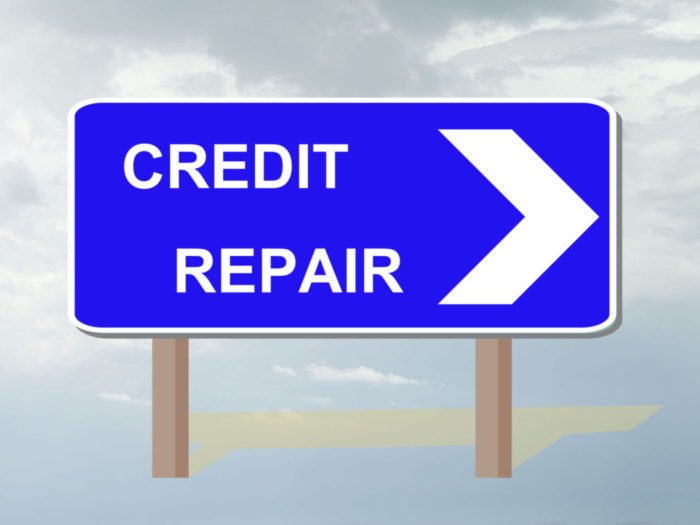A significant factor in the credit repair process is determining if you are ready to commit to the lifestyle changes that are required to make it successful. Becoming creditworthy doesn’t happen overnight, and there is no magic formula to increase immediately. Each credit scoring model comes with its unique algorithm that will vary depending on the type of score you are pulling. Therefore the important factors are not just the score; it is the content provided on each credit file. Once you have made the decision that you are ready to commit to the becoming creditworthy, it is time to come up with a game plan for achieving this goal.
Credit Reports
There are three credit bureaus, Transunion, Equifax, and Experian; it’s likely that each report will have more or less information than the others. Not all lenders or collection agencies report to all three bureaus.
The Six Parts that Make up a Credit Report
- 1. Consumer information (address, birthday and employment)
- 2. Consumer statement (this may be a short statement explaining a credit dispute that went unresolved)
- 3. Account Histories
- 4. Public Records
- 5. Inquiries
- 6. Creditor Contacts
The information provided on each report will change when opening a new account, miss a payment or change your address. Negative items may remain on your report for 7-10 years, and the favorable items may stay on credit file longer. The FTC states that one in every four credit reports contain reporting errors, a significant part of the credit repair process is reviewing these reports for any inaccuracies. If your credit report contains in any inaccurate information, you will want to make sure you dispute this information to the credit bureaus.
Steps to Stronger Credit
Below are a few things to consider when you have committed to credit repair. These items below are critical factors in maintaining and improving your credit history; these are the essential financial tips you need will need to use if you want to keep a healthy credit score.
- Pay on time- Paying your current obligations on time avoids having late payments and collections on your credit report. Having either of those on your report will significantly lower your credit score.
- Keeping a handle on your debts– If you currently have credit cards with a balance greater than 35% of the available limit, you will want to pay these down as soon as possible. Keeping the balances under 35% will improve your credit score.
- Having a healthy credit mix – Credit mix determines 10% of your FICO score, maintaining a healthy credit mix will show you can manage multiple types of loan accounts, for example, car loans, mortgages, retail cards, personal loans or major credit cards. If your current credit situation doesn’t allow you to be approved for a credit card or loan, you may consider a secured credit card or secured loan from our financial institution.
- Be patient and keep older accounts open– A significant portion in determining your credit score is time, the longer you pay an account on time, shows your ability to be responsible and credit worthy. The longer you keep a positive account open and active the more significant impact it has on achieving an excellent credit score.
Improving your credit will take time and discipline to achieve, but the benefit will outweigh the struggle of getting there. Achieving the ultimate goal of good credit will open the door to many opportunities.

